The best abandonware games
Eight classic games that exist in an ownership gray area.

Abandonware, by its most lucid definition, refers to any piece of software that is no longer being sold or supported. That isn't the same as freeware, which is explicitly offered free of charge, like the original Spelunky or Dwarf Fortress, or the No One Lives Forever games. Instead, the abandonware library contains commercial software that is no longer being exploited by its copyright owner or no longer has a clear copyright owner due to some variety of game industry chaos: expired licenses, shuttered studios, hostile takeovers, and so on.
Abandonware games only exist, in an official capacity, on their original installation discs, most of which are moldering away in forgotten discount bins, or the recesses of gamer basements. No Steam release or GOG remaster is in sight; the code has been, for the lack of a better term, abandoned.
That's what's led to sites like MyAbandonware and Abandonware DOS, which provide downloads of those games, as well as homebrew patches that let them be played on modern machines. They've stepped in to keep the grand history of our hobby alive, in lieu of the absentee rights holders.
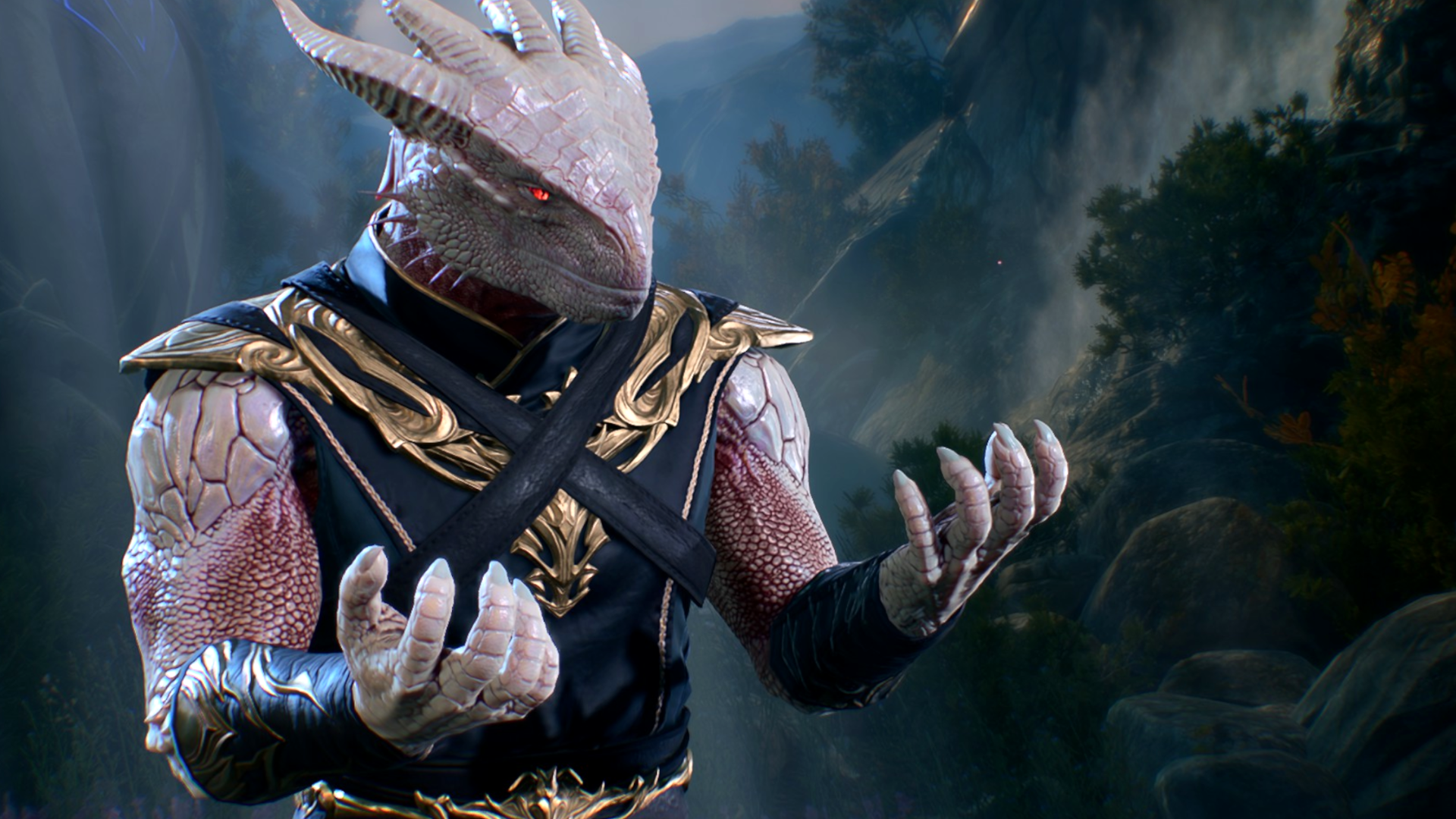
2025 games: Upcoming releases
Best PC games: All-time favorites
Free PC games: Freebie fest
Best FPS games: Finest gunplay
Best RPGs: Grand adventures
Best co-op games: Better together
Does that make downloading an abandonware game legal? It's a gray area. A game may not be purchasable through official channels, but a publisher could still own the rights to its intellectual property. A good example is the first two games in the Civilization series. Firaxis owns those, and more Civilization games are surely coming down the turnpike. And yet, those landmark original instalments are off the market. You can't buy Civilization 1 anywhere online, so if you want to experience some DOS-era nation building, downloading it from an abandonware archive is your only option, whether or not you find it ethically dubious. It's a problem that will only become more pronounced in the future, as the industry grows older and the videogames exclusively released on disc become increasingly outmoded by 21st-century consumption habits. What will become of all of our ancient clamshells and jewel-cases as time marches onwards?
I wrote this list, so you can probably guess where I fall on this debate. I think the preservation of our hobby is important, and if publishers would rather turn over that responsibility to the community, then the abandonware scene is a boon for us all. Here are some of the great forgotten games you can still boot up today, if you're comfortable doing some digital archaeology.
The Lord of the Rings: The Battle For Middle-earth 2
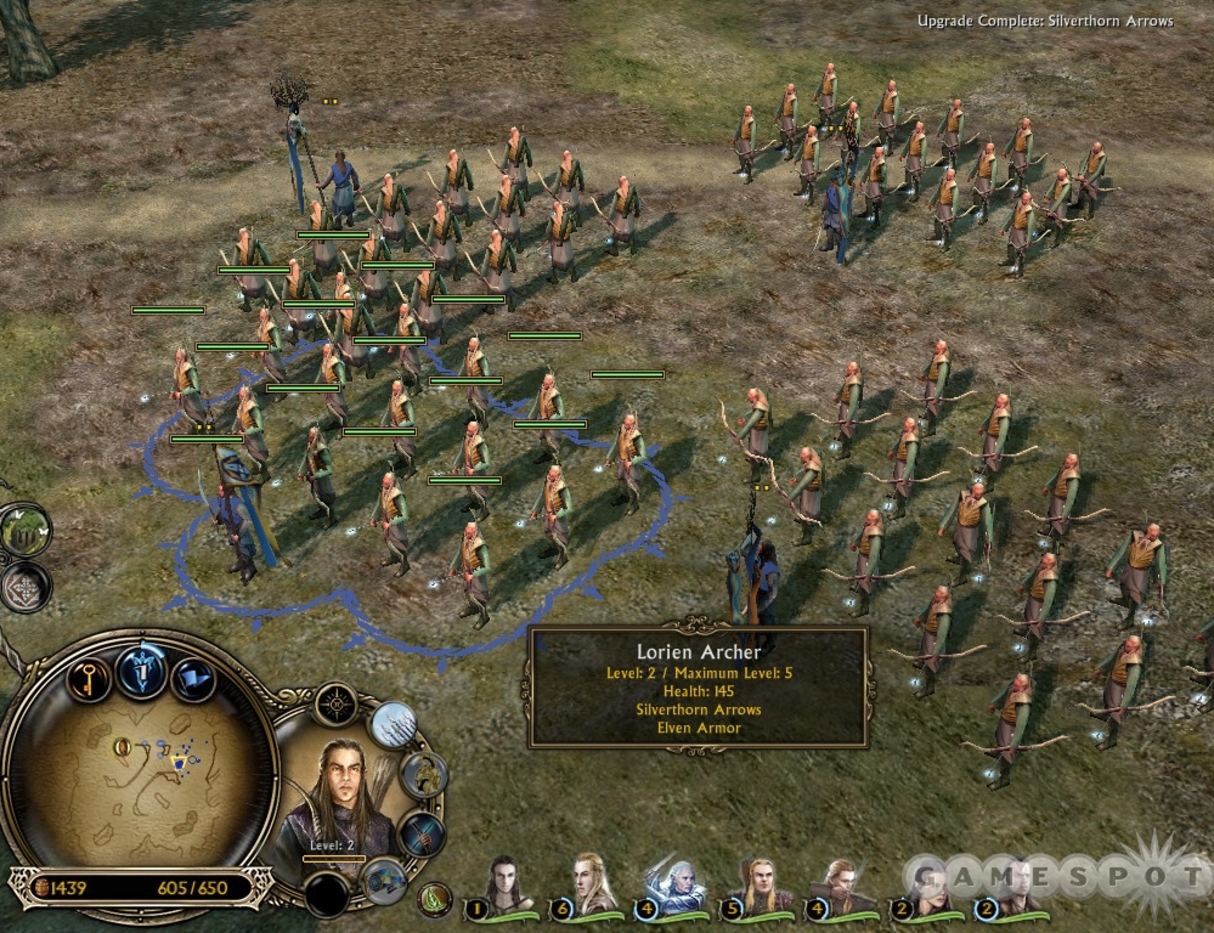
Ages ago, in an unrecognizable era of the videogame industry, real-time strategy reigned supreme. A mega-publisher like Electronic Arts moved heaven and earth to license out a legion of top-down, click-and-drag marshaling simulators, based on whatever was currently burning up the box office. (See also Star Wars: Empire At War.)
The Battle For Middle-earth 2 was probably the best of the bunch. It didn't have the same level of strategic intrigue or mechanical depth as a StarCraft or a Total Annihilation, but it made up for those deficiencies with faithfulness to the Jacksonverse, and some of the most thematically overpowered hero units in the history of gaming. (Gandalf could just melt an army of orcs.)
The biggest gaming news, reviews and hardware deals
Keep up to date with the most important stories and the best deals, as picked by the PC Gamer team.
You can't purchase The Battle For Middle-earth 2 anywhere today, as power-brokers have given up on the middling profit margins of the genre, but it's worth exploring if you're curious about the golden age of RTS blockbusters. If this ever gets a remaster, all the grognards you know will celebrate.
SimAnt
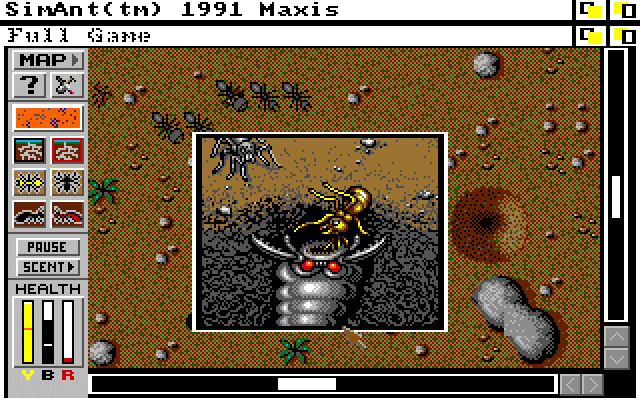
If you're a child of the '90s, there is a good chance you spent a lot of time at a scholastic computer lab booted up with a whole catalog of Will Wright classics. SimCity, of course, but also some weirder selections. SimCopter? SimTower? And who could forget SimAnt?
SimAnt put you in charge of an ant colony, rummaging around in the soil beneath some suburban home. Your creatures scrounge for food, leave pheromone trails, and battle against those dastardly red ants from across the yard. While it is a fairly eccentric interpretation of Wright's design principles, like so many other Maxis games it became hypnotizing after long exposures.
SimAnt has been off the market for ages, but you can still track down the software online if you want some classic lunch-hour gaming.
The Neverhood
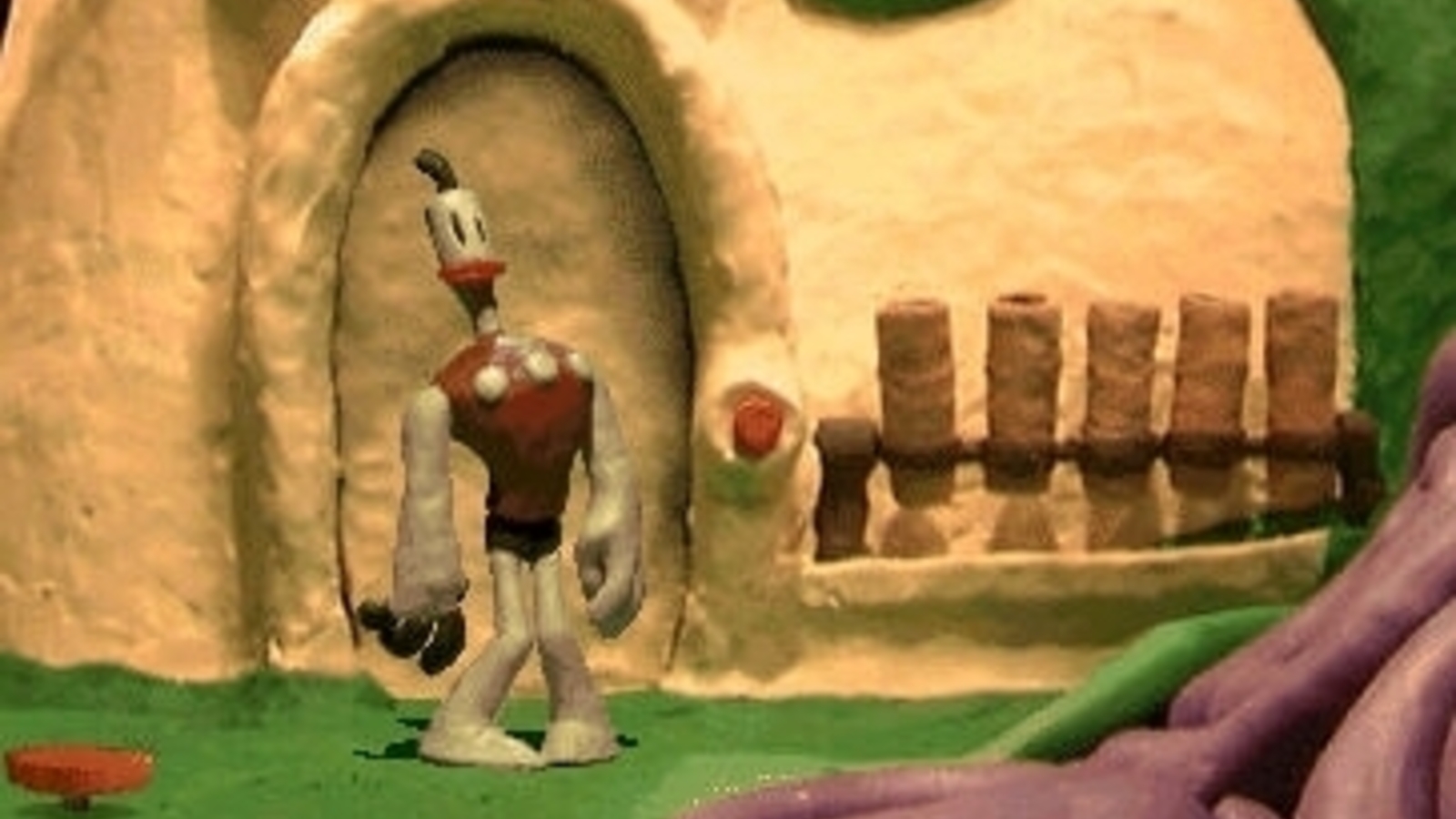
A quick personal aside: The Neverhood gave me nightmares in my youth. Somehow, in the mid-90s, my parents came home with a demo version of this obscure, cult adventure game. It featured a main character cursed with a haunted duck-billed face who occupied a surreal, elastic, vaguely sinister clay-made realm. Something about the aesthetic direction chafed against an ancient phobia lingering deep within my nascent brain chemistry; one look at The Neverhood running on the PC would give me a panic attack.
Decades afterwards, I would learn that The Neverhood was something of a landmark for both its graphical prowess and intuitive puzzle design—and unfortunately, that it has joined countless other adventure games in a mass grave after the genre's boom went bust at the end of the '90s. Take a look if you want to see something totally unique, but consider keeping it out of reach from small children.
Dune 2: The Building Of A Dynasty
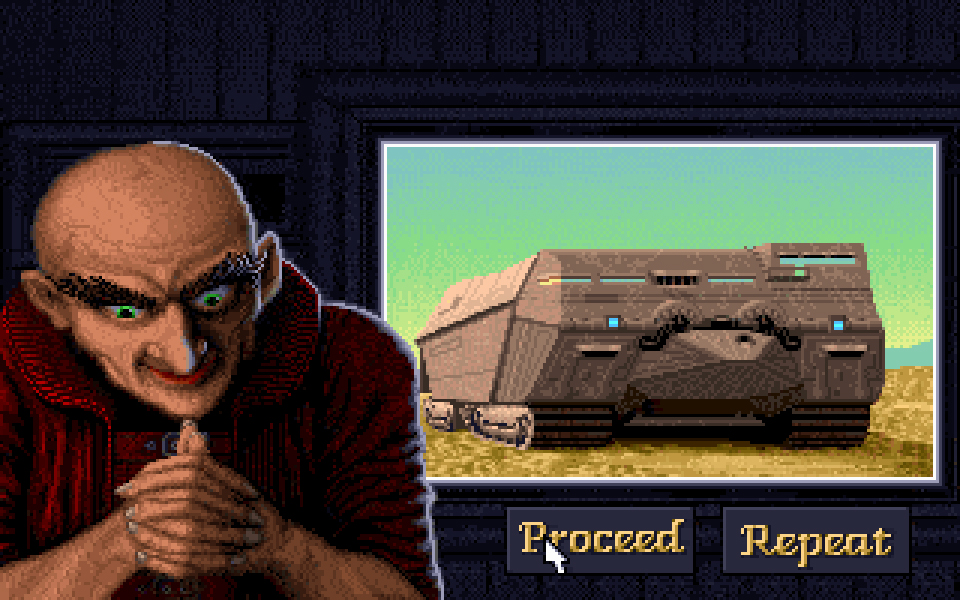
Dune has been weirdly influential in the history of gaming. The board game adaptation, released back in the '70s, serves as an origin point for all the pulpy war-games that came afterwards—a tug-of-war filled with deceit and horrifically imbalanced offensives. Dune 2, which arrived on DOS in 1992, essentially invented the real-time strategy format. Paul Atriedes commanded the combined forces of Desert Power across the planet Arrakis, routing the Harkonnen, and enjoying the spoils of spice.
Its bona fides are illustrious. Dune 2 was developed by Westwood, who went on to create the enormously influential Command & Conquer series. You might expect that this classic would've been resuscitated with the all-out licensing bonanza that followed the success of the Chalamet film, but no, Dune 2 still lingers in an unpurchasable limbo. 2022 has been gripped with white-hot Dune fever, so go check out the granddaddy of them all.
Backyard Baseball
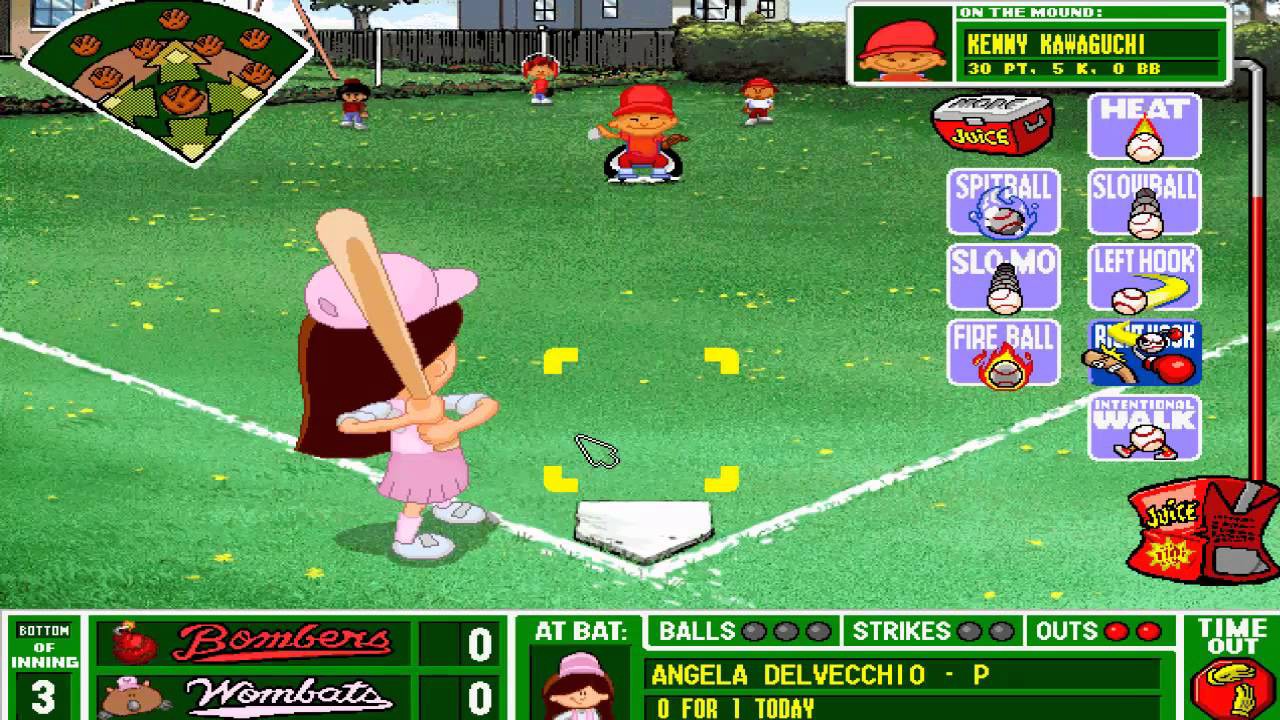
I am not sure if Backyard Baseball is a good videogame. The same goes for Backyard Football, Backyard Soccer, and Backyard Hockey. What I will say is that I played about 10,000 hours of this series, and that I don't think I'm alone.
The Backyard sports franchises were parts of Humongous Entertainment's publishing empire, alongside other grade-school luminaries like Putt-Putt, Pajama Sam, and Fatty Bear. (If you know, you know.) The premise was very simple; you fielded a little league roster composed of teenyboppers—each of whom had a defining personality tic—and if you knew what you were doing, you'd absolutely demolish the competition. MLB The Show this is not. I'm pretty sure I batted something like .800 during all my years with Backyard Baseball.
Humongous Entertainment is no more, which means that anyone can easily download and play what might be a Pandora's Box filled with all sorts of buried childhood memories. Tread carefully.
Black & White
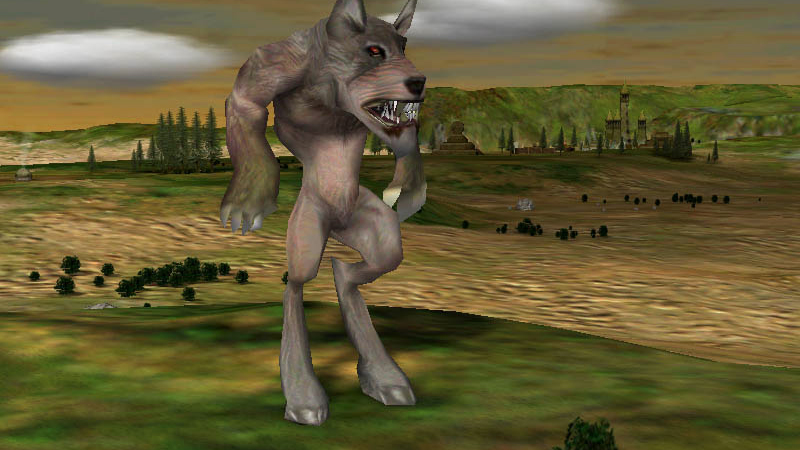
This is perhaps the most famous piece of abandonware in the scene. Black & White is a legitimate classic, and a rollicking early example of Peter Molyneux's famed hubris. He set out to make a game where the player takes control of a literal god—who can reign with pious empathy or through Old Testament death and destruction. (Flaming meteors, torrential downpours, and the like.)
Unfortunately, as we've noted on this very website, the only way to play Black & White is by owning the original discs, which were released all the way back in 2001. A tragedy! Molyneux's Lionheart Studios was folded into Microsoft a few years back, which means that, if the publisher wanted to, they could formally retrofit the code for a grand Game Pass unveiling. Until then though, Black & White can only be tracked down on abandonware repositories, which is a great service to the community, and also an unbecoming fate for a genuinely revelatory article in the canon.
I'm certainly not the only person who'd happily pay for an optimized version of Black & White if afforded the opportunity. Make it happen, guys!
Midtown Madness
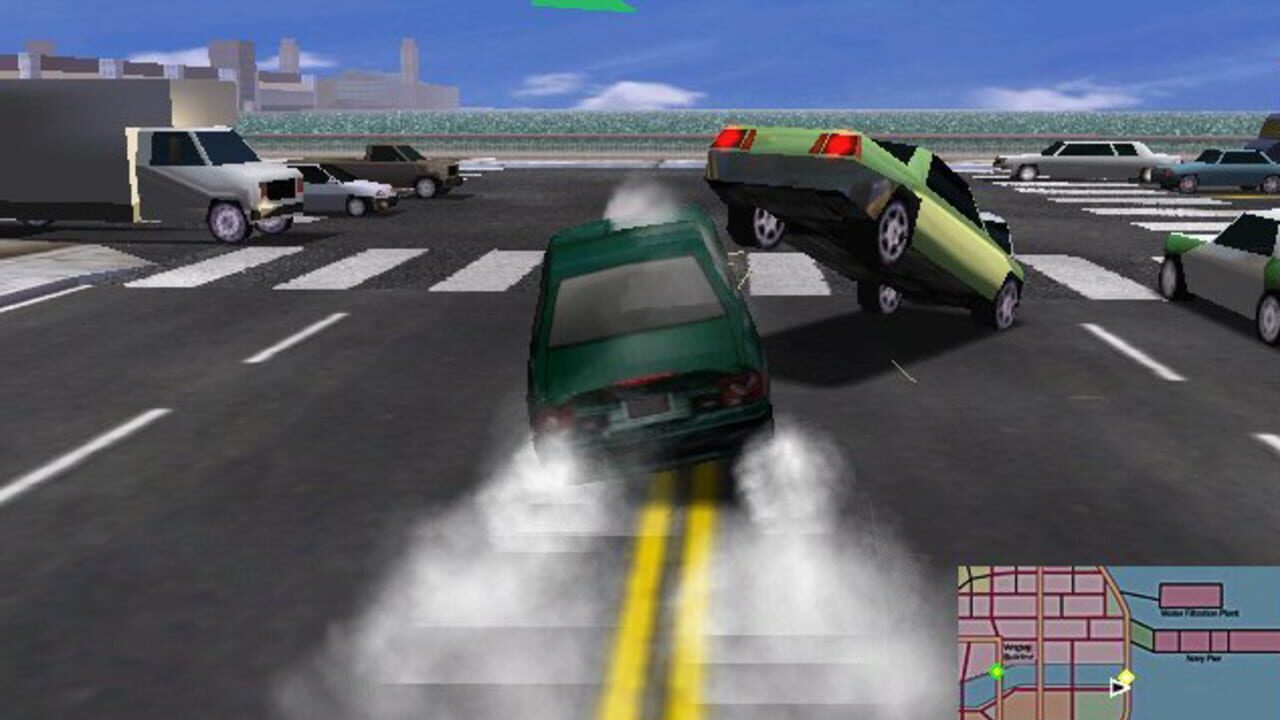
Midtown Madness is built around one of the most magical sensations in videogames: veering off the track, finding a shortcut, and coming out ahead of the pack. This was a revolution to me during my primary school years. The stuffy, churchy engine porn of Gran Turismo or Project Gotham never did much for me, but I did enjoy the chance to drive an ugly yellow VW beetle through a barn, kicking up a dust storm of debris, then claiming second place.
Midtown Madness is a racing simulator through the prism of Mario Kart, and it's unfortunately fallen by the wayside as the years have piled up since its 1999 release. Like Black & White, it seems likely that Microsoft still holds the license, so there's always potential for a grand, gritty E3 trailer, resurrecting our once-and-future madcap auto adventure. (Or better yet, bolt it onto the next Forza Horizon.)
Until then, the Midtown Madness community lives on in abandonware forums all over the world.
The Simpsons: Hit & Run
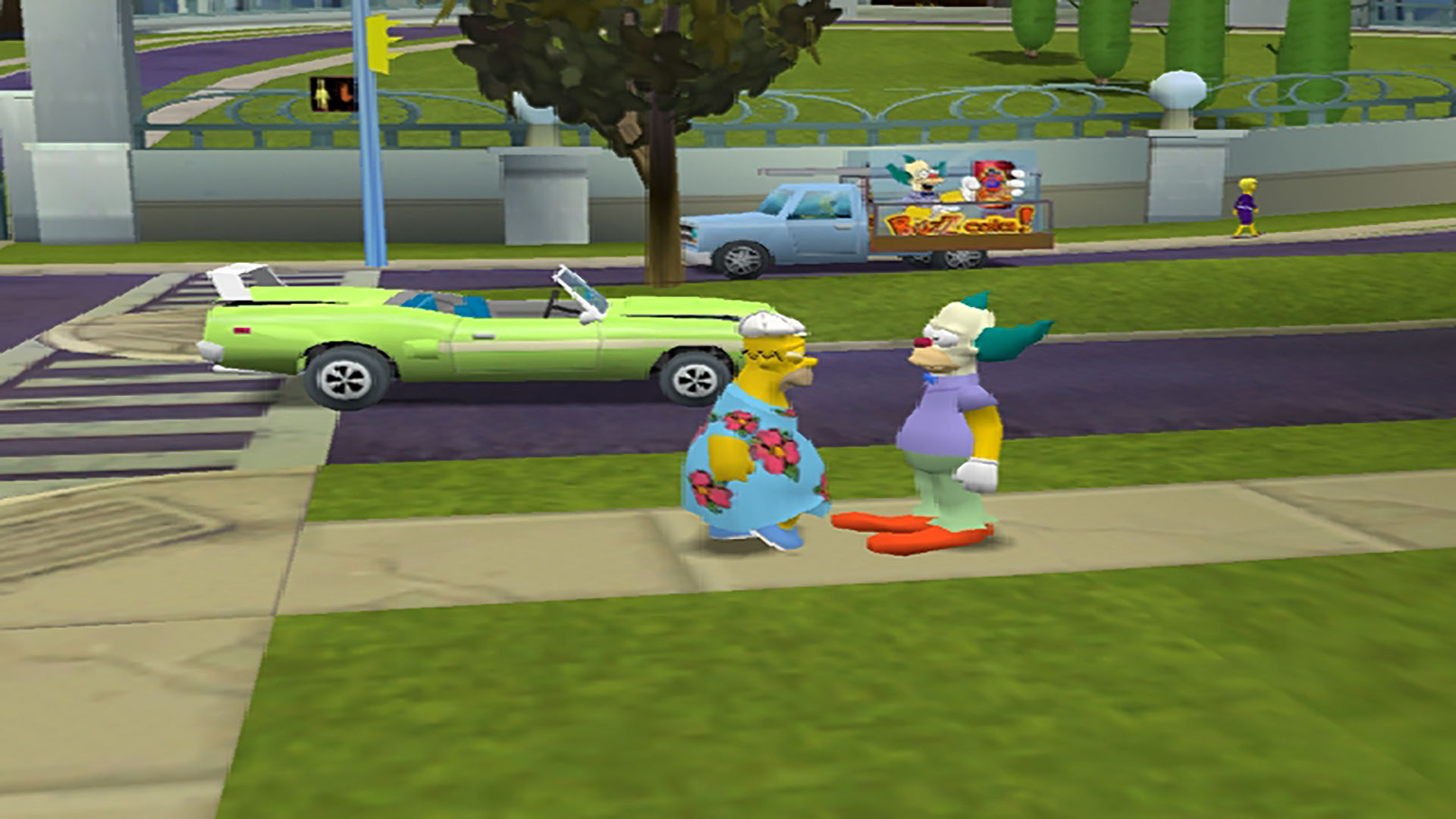
The publisher of The Simpsons: Hit & Run, Vivendi Entertainment, no longer exists. It was a textbook victim of the the great videogame industry contraction that squeezed out so many producers of beloved, B-level games in favor of revenue-secreting phone games and the sort of multimillion dollar extravaganzas that require a 10-year-long development cycle.
The Simpsons: Hit & Run is the sort of game that gave our hobby its weird, off-beat flavor back in 2003. It's basically Crazy Taxi, except painted over with a Simpsons aesthetic. You drive around an oddly well-realized Springfield, picking up various Groening-verse ancillaries, dropping them off wherever they need to go.
Hit & Run has earned something of a cult status as the years pile on, and the modest commercial lane it occupied became increasingly barren. An amateur team is currently hard at work coding their own down-to-the-studs remaster, but for now I recommend seeking out the native version from 2003. There's perhaps no better example of the ways this industry has matured, for better or worse.

Luke Winkie is a freelance journalist and contributor to many publications, including PC Gamer, The New York Times, Gawker, Slate, and Mel Magazine. In between bouts of writing about Hearthstone, World of Warcraft and Twitch culture here on PC Gamer, Luke also publishes the newsletter On Posting. As a self-described "chronic poster," Luke has "spent hours deep-scrolling through surreptitious Likes tabs to uncover the root of intra-publication beef and broken down quote-tweet animosity like it’s Super Bowl tape." When he graduated from journalism school, he had no idea how bad it was going to get.

